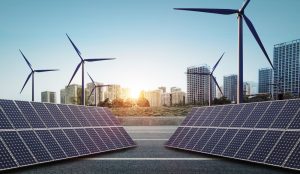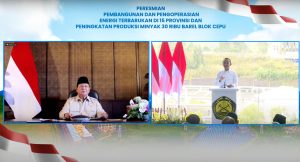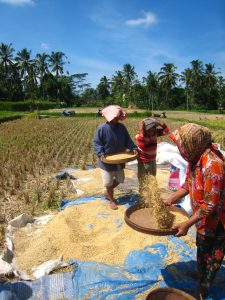Jakarta – Developing mineral refining facilities (smelters) in Indonesia face major challenges in the electricity supply and carbon emissions. Minister of Energy and Mineral Resources Arifin Tasrif revealed that the electricity demand for smelters is huge, and most of the electricity is still generated from coal-fired plants that produce high exhaust emissions.
“Smelters in Sulawesi consume approximately 20 GW, most of which comes from coal. The carbon emissions reach millions of tons. This is certainly a challenge for the smelter industry here,” Arifin said in a written statement on Friday, July 5.
He added that this challenge is getting tougher because the world now demands clean energy use. European countries have begun implementing the Carbon Border Adjustment Mechanism (CBAM), imposing a carbon emission tax on industrial products.
“Through this mechanism, domestic industrial products will be burdened by carbon taxes, making them expensive and less competitive,” he explained.
The Indonesian government plans to provide electricity from energy sources with low carbon emissions. Indonesia has great natural resource potential, such as gas in the Masela Block, which will begin production in 2030 with a projected 10.5 million tons of LNG per year. In addition, ENI’s field in the Makassar Strait and the Andaman Block in North Sumatra will be produced in 2027-2028.
Arifin also explained that Indonesia has great solar, wind, and hydroenergy potential, which has not been optimally utilised.
“By utilising these potentials, the products produced will come from low-emission energy so that the price is competitive,” he said.
According to Arifin, a big opportunity for the industry is to prepare products powered by clean energy to compete globally. Thus, according to him, Indonesian products will not depend on markets that have not implemented the Carbon Border Adjustment Mechanism because they meet international standards and are competitive. (Hartatik)













